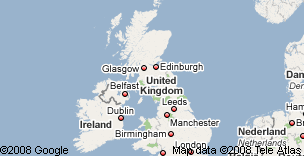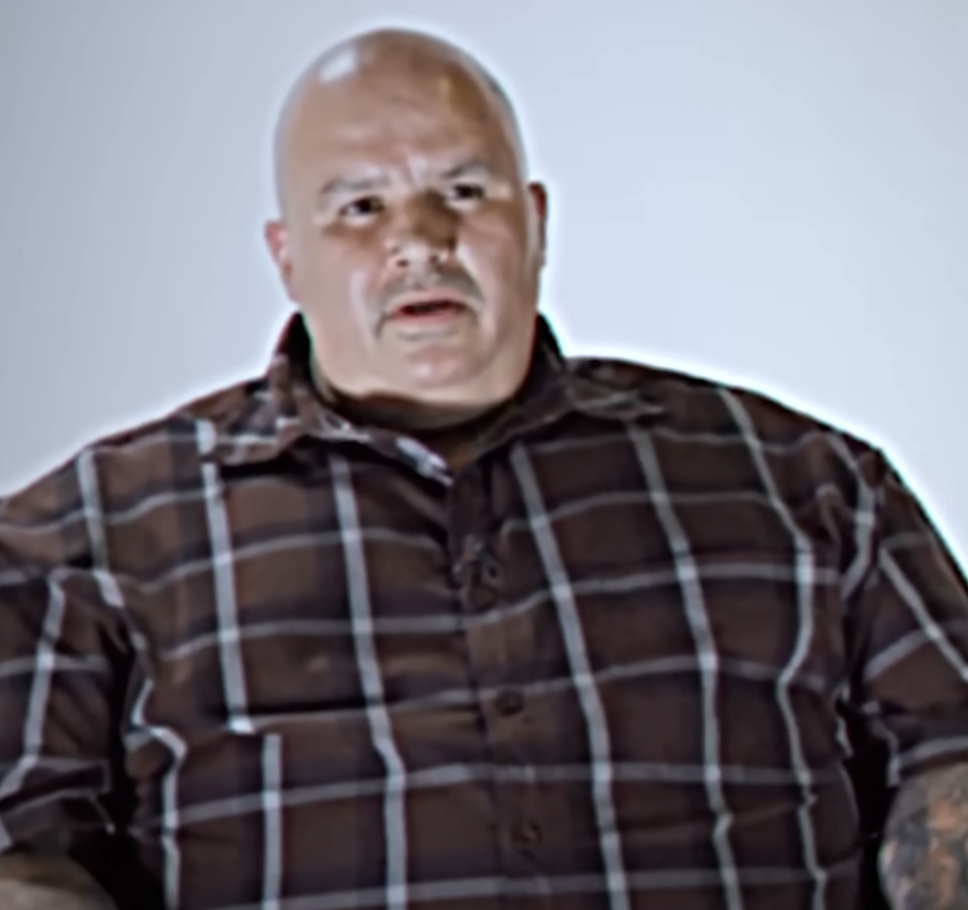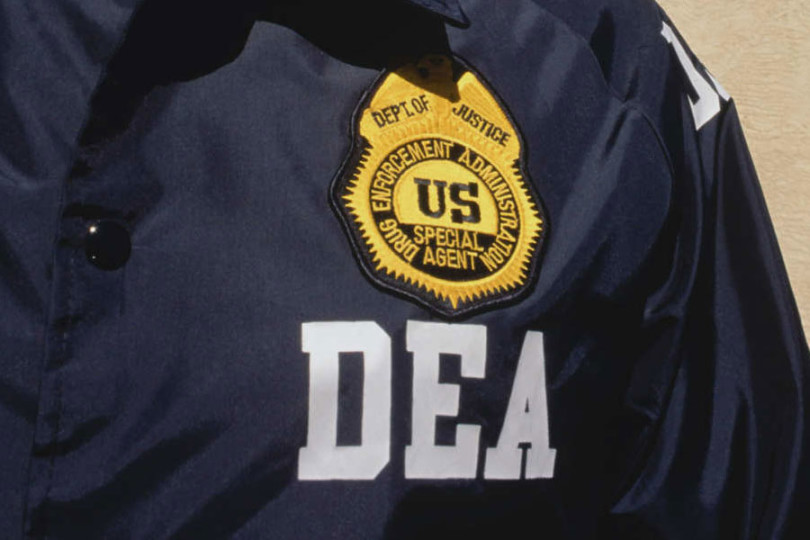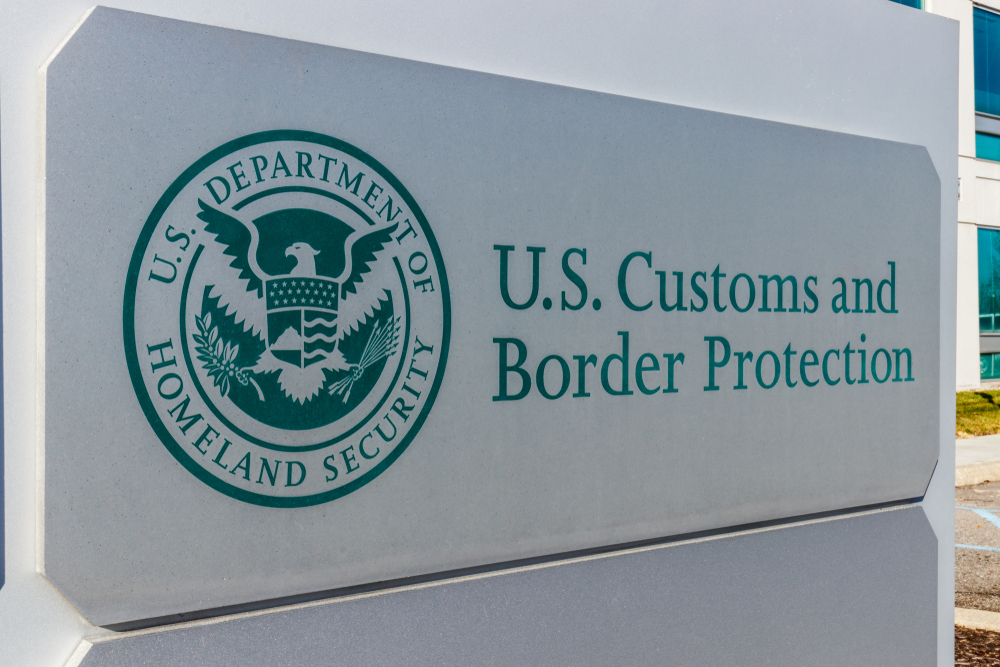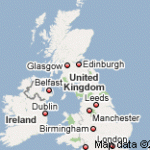 There is slow justice and then there is very very slow justice. Here is the latter.
There is slow justice and then there is very very slow justice. Here is the latter.
By Craig Whitlock
Washington Post Foreign Service
SOUTH LITTLETON, England — Soon after al-Qaeda bombed two U.S. embassies in East Africa in 1998, a U.S. federal judge issued a warrant for Khalid al-Fawwaz, an accused conspirator in the attacks and a confidant of Osama bin Laden.
British police promptly arrested Fawwaz, a Saudi national, at his home in London. Two other al-Qaeda suspects were later detained nearby. British authorities pledged to extradite the men to the United States as swiftly as possible so they could stand trial.
But a decade later, none of the defendants has moved any closer to a U.S. courtroom. One died of cancer in July. The other two, including Fawwaz, remain in prison here as their hearings drag on.
As the long-delayed British extraditions show, it is extraordinarily difficult to bring international terrorism suspects to justice by prosecuting them in U.S. civilian courts. The cases underscore the challenge facing President-elect Barack Obama as he tries to find a way to close the Navy prison at Guantanamo Bay, Cuba, and end the military tribunals set up by the Bush administration to handle terrorism cases from abroad.
For Full Story

